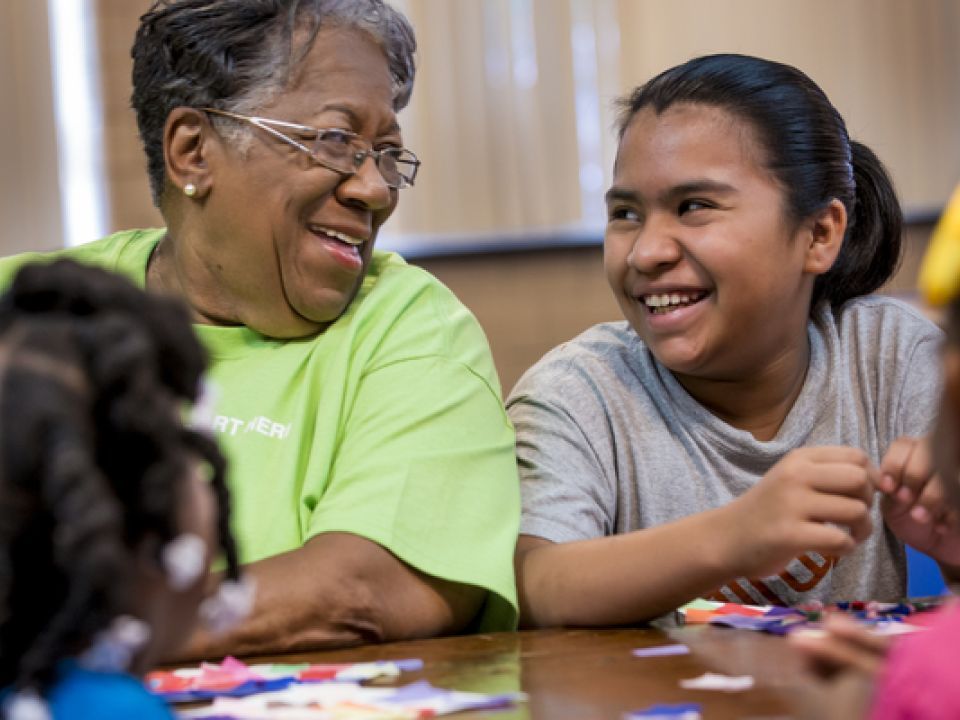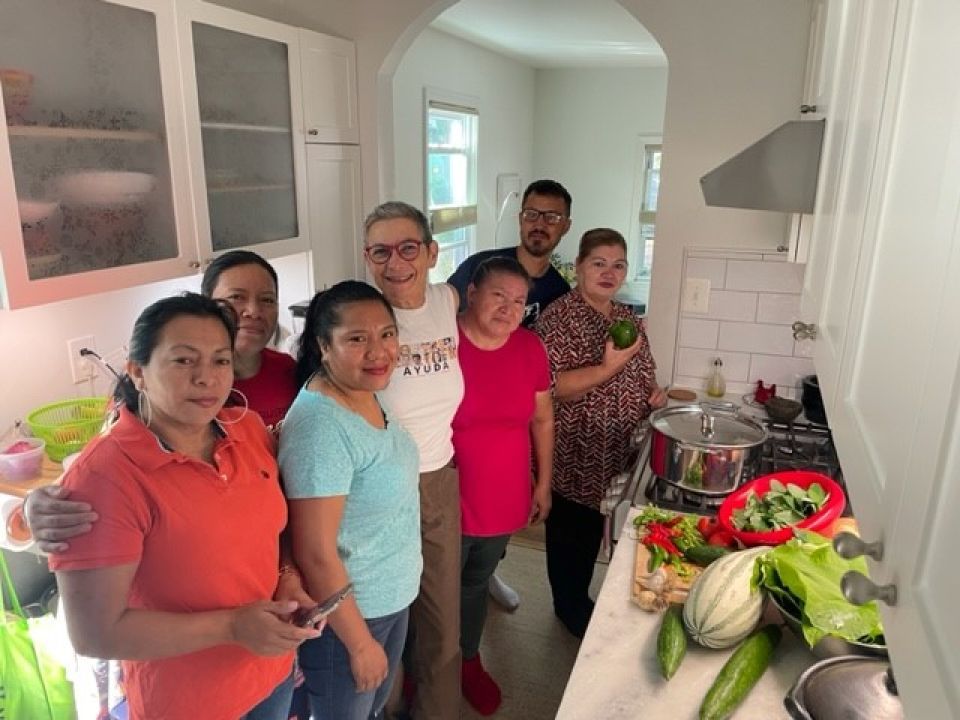Community development practitioners work within systems of perpetual racial trauma, contributing to a rise in empathy-fatigue and increased professional burnout.
Our programs explore healing for both practitioner and communities by
providing tools and resources that place racial equity at the
forefront of community-based work. A healing-centered approach
creates awareness and builds capacity, provides training and
peer-learning opportunities, and sustains networks that expand the
field of practice and will have lasting impact for generations.
Together with our partners, we are building a future that supports
community members and practitioners so they can collectively heal
from deep historical, structural and ongoing disinvestment. By
cultivating healing-based practices, we help to increase levels of
well-being across communities.


